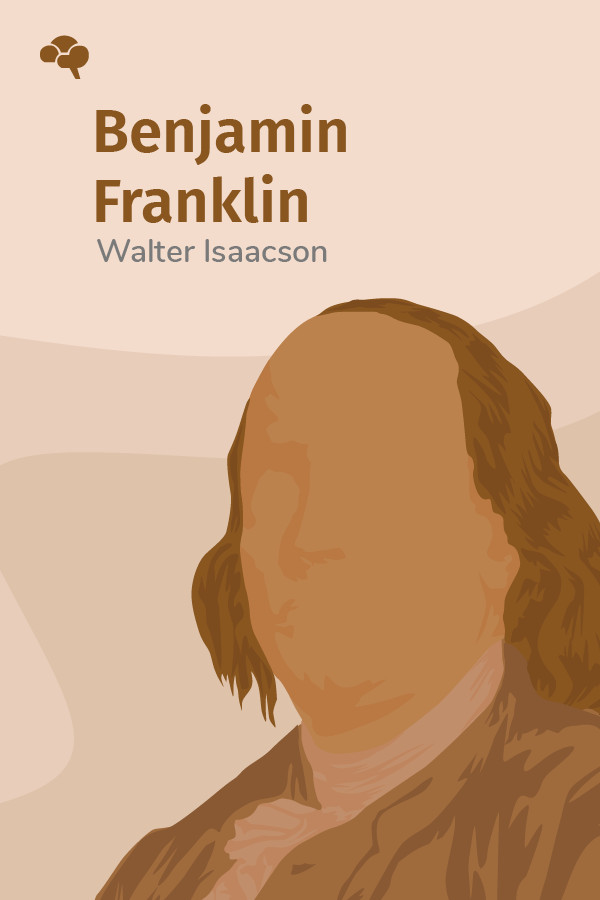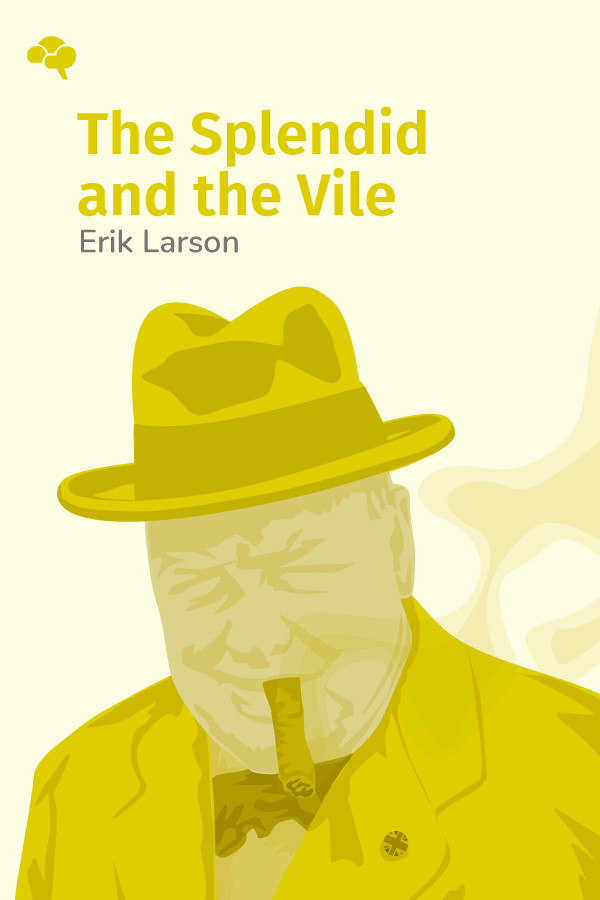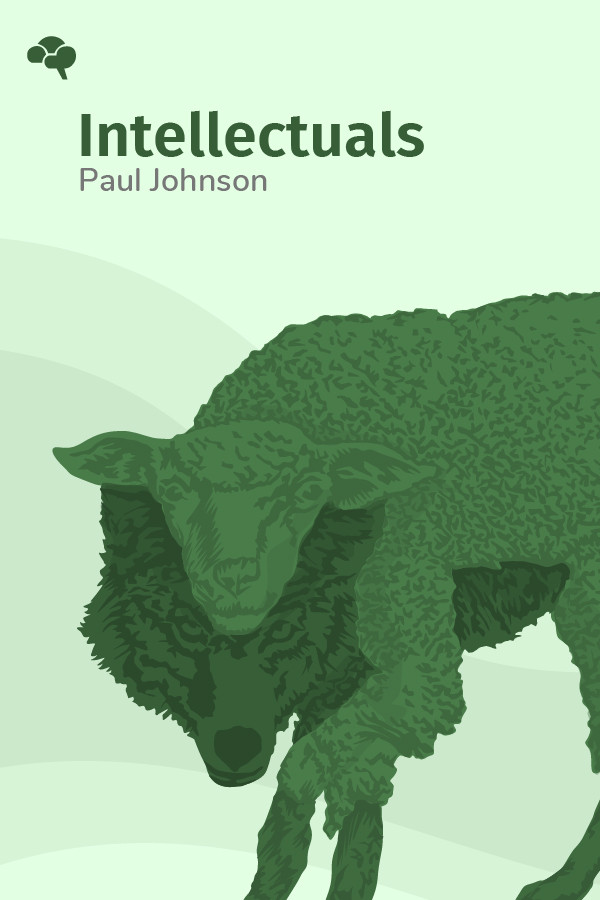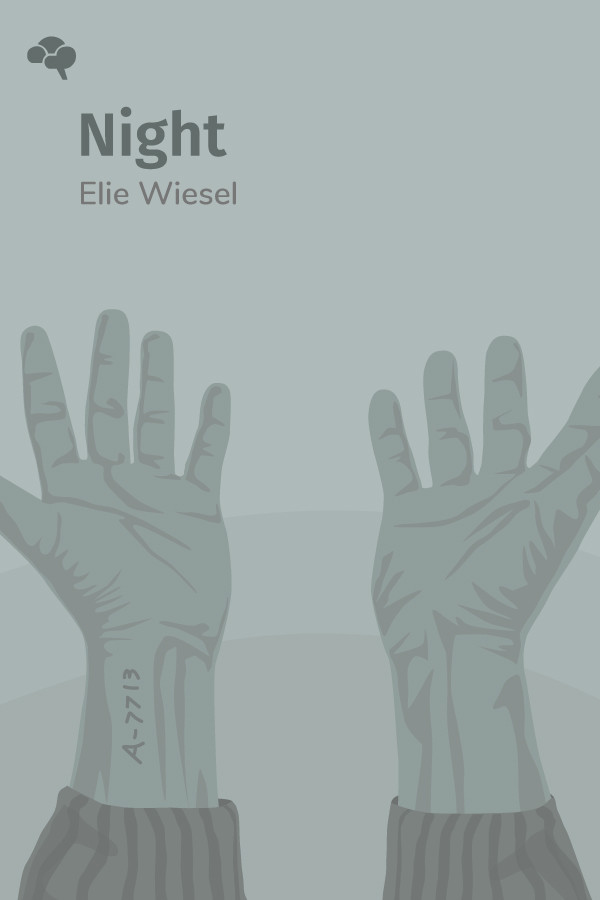
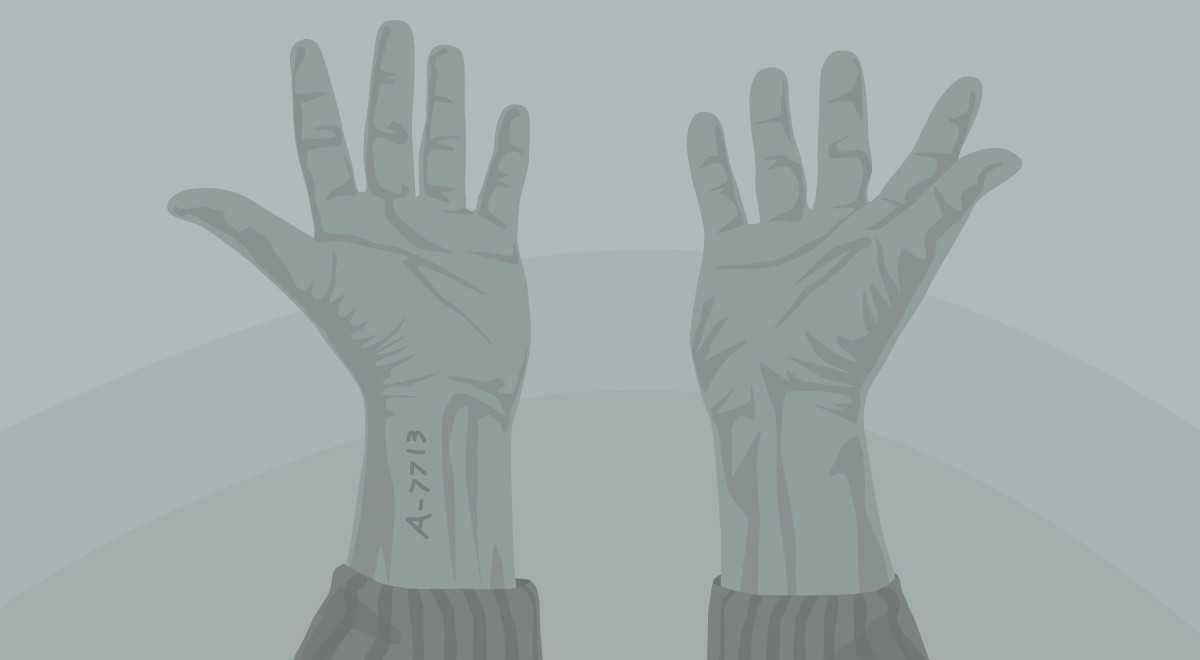
What You'll Learn:
Elie (Eliezer) Wiesel (1928-2016) was a Romanian-Jewish journalist, professor, human rights activist, Nobel laureate, and Holocaust survivor. After coming of age during the Holocaust as a prisoner in Auschwitz and Buchenwald, he became a writer and journalist and eventually emigrated to America, where he furthered his work as a human rights activist while also becoming a professor. He has written over 50 books, received almost double that number of honorary degrees, and worked on various international efforts to promote human rights and maintain the memory of the Holocaust. In Night, Wiesel’s first and most famous book, he gives an account of his family’s abduction from their home in Transylvania and their subsequent incarceration in Auschwitz and Buchenwald during the final years of World War II. Wiesel writes about his experience suffering under the reign of true evil.
Key Insights:
- Suffering creates fear, anger, and disgust, which create more suffering.
- What breaks a person is often not overt violence, but simpler acts of force.
- Even in times of despair and oppression, people cling to the little goods they get.
- In the face of suffering and agony, Wiesel gave up his faith in God.
- Wiesel experienced the terrifying guilt of being unable to help the condemned.
- In the midst of ugliness, fear, and death, Wiesel nonetheless experienced beauty.
- Sufferers are burdened with the responsibility of being witnesses against evil.
